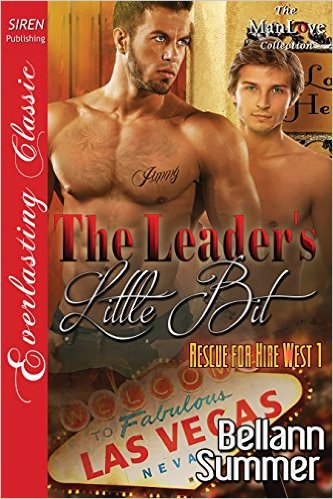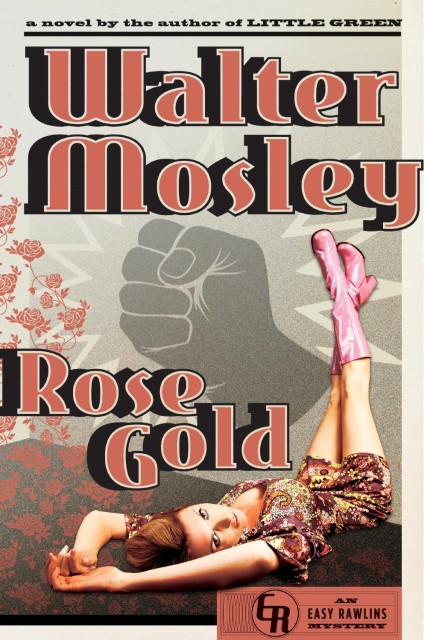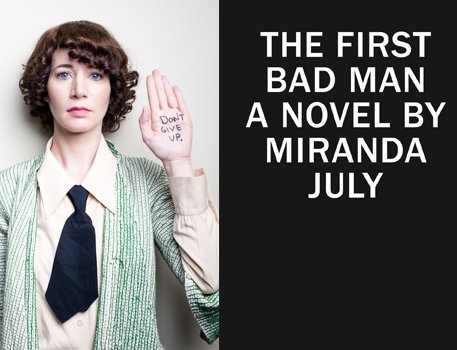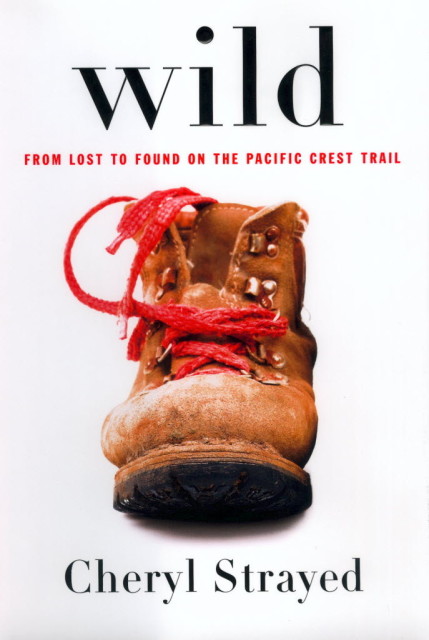Jobz Are Us: The Ethical Dilemmata of the Humble Scrivener

Toiling away here in the bloggy vineyard, Your Narrator finds himself in near-constant search of gainful, remunerative scribbling. Oh sure, regaling the tens of loyal i2b followers with insight, pith<fn>Yeth. Pith.</fn>, and tres bon mots in return for your undying adulation is all the reward an inky wretch could hope for. But the family has this annoying tendency to, you know, eat, so I expose my tender talents to the cruel world in hopes that someone will toss a few shekls my way.<fn>That Donate button over to the right has not brought the expected riches, needless to say.</fn> <fn>The mere mention of which – the Donate button, that is – is of course, a classic example of shameless whoring, one which allows the reader a choice between casting judgement on Your Narrator or of empathizing with his plight.</fn> <fn>And, also too, this mentioning – re: the judgement v. empathy conflict – potentially instantiates a frisson of guilt in the freeloading reader, which pointing out represents a further, and perhaps more pathetic, instance of Narratory whoring.</fn>
So I troll, I dig. I hustle. And occasionally, I am rewarded beyond my wildest dreams when I find an inducement like this:
Do you love essential oils? Do you love to write about them and take pictures?
[….] Essential Oil company is looking for someone who is passionate and knowledgeable about essential oils. We currently have a blog and we are looking to add guest editors/bloggers to our mix. Will will pay per post which will need to include general information about essential oils, DIY projects, recipes or other ideas. Posts must include images.
The photo at the top accompanies this hustle, which appeared on Craigslist,<fn>Pro tip. Job ads on Craigslist are maximum sketchy.</fn> I love this: in itself, it appears to have been written by a 7-year old ESL student. “Will will pay…” But scoreboard! They realize they need a writer!<fn>A plight more common that most would think, and one that goes unrepaired despite the glut of folks like me who stand at the ready to make your communications shine!</fn> <fn>Too much hard sell? Sorry, got a little over enthused.</fn>
Further, its appeal to the aspirant writer’s passion for essential oils bears all the earmarks of a near-empty paycheck for the writer’s work. Come for the oil! Stay for the love! Plus, photography!!!
Really, Your Narrator chortled heartily at this one, not even needing to get into the 4th grade trick of mis-attaching the modifier in a way that throws shade as to which is truly essential in their minds: the oil or the blogger.<fn>Fun fact: if you are picky and priggish about language and its (mis)use, you will never find yourself unamused in our culture. You may also never find yourself invited to parties and the like. Is that trade-off worth it?</fn>
But this is far from the funniest/oddest job description I’ve ever heard. Travel back through the misty clouds to last fall….
The result of a hot tip, I found myself a-phone with a marketing agency that specializes in providing ghost-bloggers/tweeters for various publishers and their author list. This allows the tormented author of belle lettristic masterpieces (as well as authors of, let us say, non-bl titles) to maintain a daily presence on the Internet tubes as a witty, friendly, ‘hey-I’m-your-old-pal here sharing recipes and anecdotes and asides as I take frequent (up to ten a day) breaks from my bl and/or non-bl musings’, when in fact, a writer working under deadline, regardless of the relative bl and/or non-bl merits of the work, definitely does not have surplus time/wit/inclination for such base-level whoring.<fn>That’s for guys like me!</fn> Thus does it fall to schlockingly underpaid ghost writers to maintain the illusion of your favorite author as an active and engaged pal with her readers, when in fact, she is likely cranking out sub-mid-list potboilers at a rate that would have made Elmore Leonard quail.
And let’s go ahead and get out of the way any illusion re: the bl and/or non-bl divide. The authors/titles are decidedly down the prestige meter here; we’re not talking anyone/thing you’d likely read about in the NYRB or NYTBR. In fact, what we had in this case was a stable of ghost-writers churning out mass-pulp fiction under specific trade names, kind of like the Nancy Drew and Hardy Boys titles of my youth, but without quite as much class.
So, here I am, spinning myself as the perfect fit for the job of ghost-writing social media content for someone who does not exist but is rather being made manifest by a gaggle of scribblers who, like myself, are ghost-writing for some nom de plume who does not really exist.<fn>This delightfully meta recursion could go on forever, like one of those Nam June Paik installations with video cameras and monitors replicating into infinity. Could I get so many (imaginary) authors assigned to me that I would have to sub out the daily Intertubes witticisms to yet another level of people pretending to be someone pretending to be a person who does not exist anywhere other than a book catlague?</fn> <fn>Even more challenging: assuming the level of one’s persona-creating prowess – maybe even to the point where you’ve really devised some seriously recognizable and individuated character traits and proclivities for these authors who do not truly exist – would one also be able to deploy the epic juggling chops one would need to keep each of the various non-extant “people” sorted out in one’s daily creation of “witty, friendly, ‘hey-I’m-your-old-pal here” dispatches, or would eagle-eyed readers be able to detect your various fabricated personae bleeding one into another, thereby undermining the, not integrity, no, but the structural resilience of the whole facade. Say it with me, people, this thing is getting fraughter by the minute.</fn>
It turned out that this agency had two specific clients. One is a publisher of potboilerish steampunk thrillers, but, said the agency rep, they had plenty of people to keep that social media illusion rolling. The other publisher, said the rep, presented a little more of a challenge, and this is where she hoped I “might be able to help, but, ah, it is, well, a little delicate.”
Interest engaged! Do tell, what is this mystery challenge?
Please don’t be offended…
Offended? Damn, I’m dying to find out! Tell me, tell me, please!
…but how would you feel about ghost blogging for authors of gay male erotic fiction?
Ya gotta admit: as job-related questions go, this beats out even a gold standard like “Do you love essential oils?” by a country mile.
You would have been proud of Your Narrator. He was silky, unruffled, and decidedly unoffended. This was some kind of challenge. Could I do it? Who knew? So I exuded that reliable and unearned confidence that served me in good stead all these years.
Yeah, I’m pretty sure I could handle that. I love new challenges. But you should know that I’m a 30-year married hetero with two kids.
There was a relieved sigh at the other end of the line (apparently, the agency rep<fn>Who, as it happened, was breast-feeding her child during our call, a fact that she had shared early on in our telephonic relationship for reasons that were not completely clear. But I don’t judge. I was likely in boxers at the time, myself, though there was no human creature attached to me.</fn> had borne the brunt of more than a few churchy/homophobic rants), and she said:
That’s ok. Most of the authors aren’t gay, anyway. In fact, most of them are straight women.
I allowed that this was a fascinating tidbit. Please, do go on.
Yeah, in fact, we did some market research and discovered that 85% of all our sales were to married women between the ages of 40-55. Almost all of the authors fall in that group, too.
You know what they say (and of course, they are always right): You can’t make this shit up.
So to re-cap: the job was to provide ghost writing services to authors who were in fact ghost writers themselves, writers pretending to be differently gendered and gay; straight women writing pornography (excuse, erotica) about man-on-man/men encounters for other straight women. And my role was to execute the friendly/witty/your-good-pal online personae to provide the so-called authors’ fans with a sense of connection one-to-the-other. I believe this is a situation for which the word simulacrum was specifically coined.
I did not get the gig. I guess things were already confused enough without dropping an aging, hetero, patriarchal penis person into the mix.
So next time you are spot a book like this, keep this little tale in mind. It may not be quite what you think. Or, if you are a married woman between the ages of 40-55, it might be exactly what you think.

Who needs a Jade Helm conspiracy when this kind of thing is going on?
My. Favorite. World.










